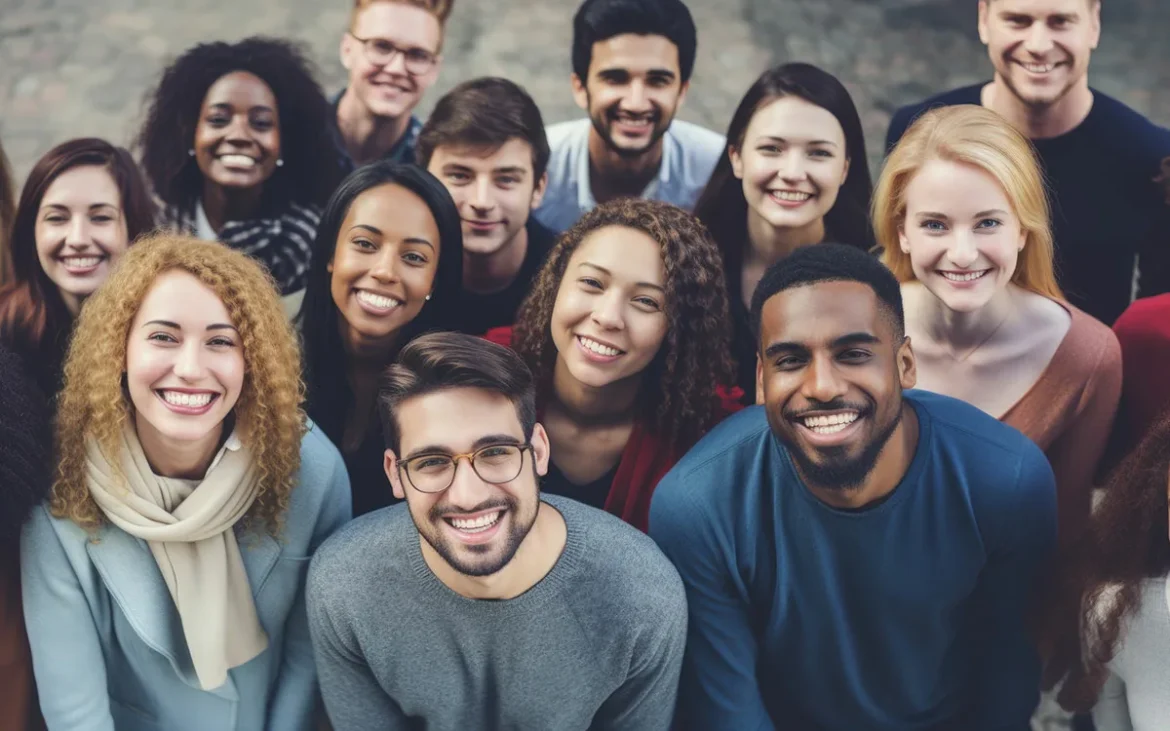However, diversity can also create tensions when integration is incomplete. Minority groups may face discrimination, exclusion, or pressure to assimilate into dominant cultures. Conversely, majority populations may feel threatened by changing demographics, leading to resistance or xenophobia. Such tensions can erode trust, polarize communities, and even fuel political extremism.
Advertisement
The future of multicultural societies depends largely on how they manage inclusion and integration. Policies that promote equal access to education, employment, and political participation are essential for building cohesion. At the same time, fostering dialogue and cultural understanding is crucial to preventing divisions. Education again plays a central role, as schools can teach both majority and minority children to value diversity rather than fear it.
Global migration will continue to shape the future. Climate change, economic inequality, and political instability are likely to drive large-scale movements of people across borders. How societies respond to these migrations will determine whether they become sources of conflict or opportunities for renewal.


